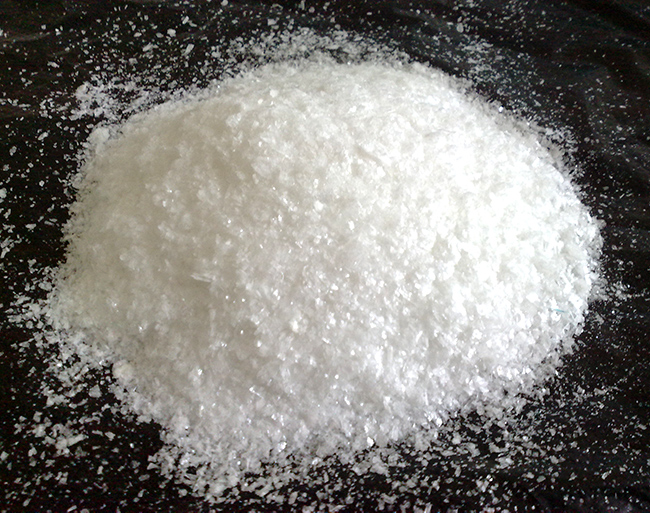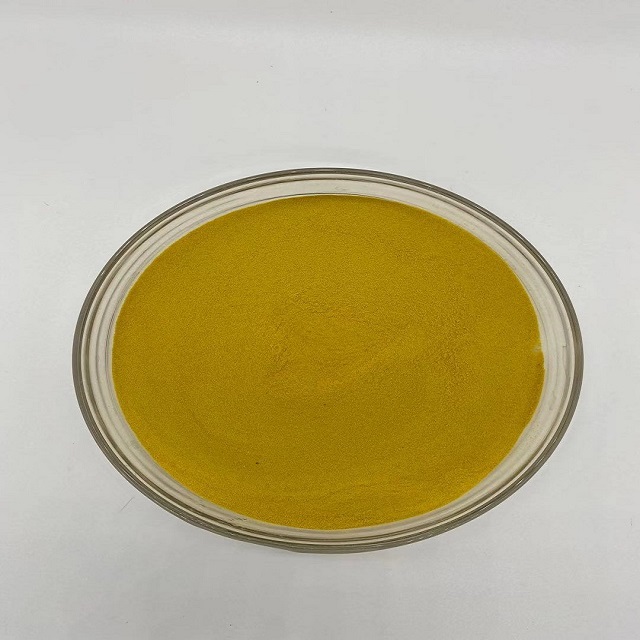Organic compounds are a large class of chemical compounds where carbon atoms are covalently bonded to atoms of other elements, primarily hydrogen, oxygen, or nitrogen. These compounds, which include carbohydrates, fats, proteins, and nucleic acids, are fundamental to life processes. Organic compounds also encompass petroleum and natural gas, key components of fossil fuels. While traditionally organic compounds were those derived from living organisms, modern definitions also include synthetically produced compounds, provided they contain carbon-hydrogen or carbon-carbon bonds. Organic matter is critical for life, metabolism, and various industrial applications, such as plastics, drugs, and fibers. Typically characterized by low melting and boiling points, flammability, and solubility in organic solvents, organic compounds exhibit a vast diversity due to carbon's ability to form extensive chains and rings. Organic chemistry distinguishes between hydrocarbons and their derivatives, categorizing them based on structural features and functional groups, such as alkanes, alkenes, alcohols, and carboxylic acids.
Get Consultation
4-Hydroxybenzoic acid, also known as p-hydroxybenzoic acid, is a monohydroxybenzoic acid that is benzoic acid carrying a hydroxy substituent at C-4 of the benzene ring.

2-Methylanthraquinone, also known as β-methylanthraquinone and tectoquinone, is an organic compound which is a methylated derivative of anthraquinone.



